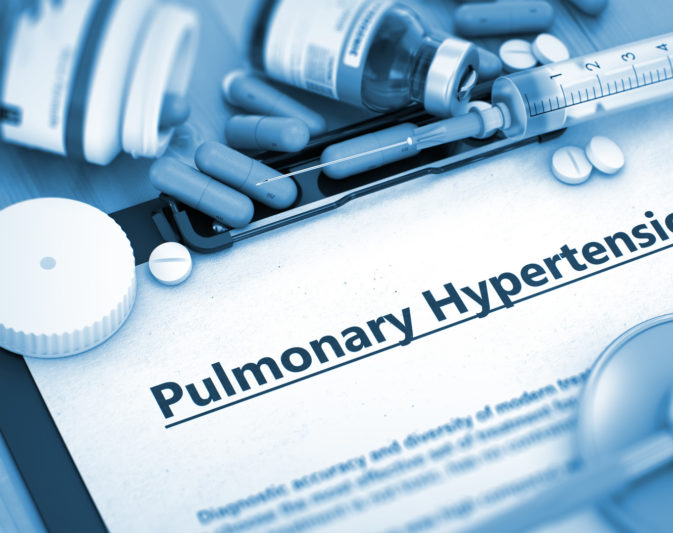Does Pulmonary Hypertension Qualify Me for Disability Benefits in Chicago, IL
A relatively rare type of high blood pressure, pulmonary hypertension is different from a general diagnosis of high blood pressure. Pulmonary hypertension stresses the arteries in the lungs and the right side of the heart and it can cause the heart to expand beyond its normal size. It’s a condition that gets worse over time. The most common symptoms of pulmonary hypertension are shortness of breath, dizziness, and chest pressure. Unfortunately, at present the only known cure for pulmonary hypertension is a medically difficult and expensive lung transplant.
This serious condition can develop at any age and can make it impossible for you to work. However, there may be financial help available to you if you qualify for Social Security disability benefits.
In evaluating whether you are eligible for disability benefits it is important to understand that just having high blood pressure (hypertension) alone will usually not qualify you for disability benefits (half of the country would get disability if that were the case). The question is how high blood pressure affects a person—for example, has hypertension led to organ damage, congestive heart failure, stroke, dementia, or kidney failure? The eyes and brain can also be affected by uncontrolled high blood pressure.
To determine if you are medically eligible for disability benefits, Social Security has a set of procedures in place. These procedures are published in a handbook known as the “Blue Book,” and it includes a list of various disabling conditions known as “listings.” Many heart conditions are listed in the Blue Book including a listing for severe pulmonary hypertension. According to the Blue Book, you are eligible for benefits if your pulmonary artery systolic pressure is greater than 60 mm Hg.
However, most often an applicant’s medical conditions will not precisely meet the Blue Book’s technical requirements to qualify for disability payments. But, there is a second way to qualify. You may be eligible for Social Security disability benefits if you can prove that, due to the limitations of your condition, you unable to perform any job in the national economy, considering your age, education, and past work.
To qualify, you must demonstrate that the symptoms of your impairment prevent you from sustaining full-time competitive employment on a consistent and reliable basis. All qualifying disabilities must be expected to last and keep you out of work for at least 12 months.
To prove that pulmonary hypertension prevents you from maintaining fulltime employment, it is very important to ask your doctor to explain your medical situation, oftentimes using a form called the “Residual Functional Capacity” (RFC) form. The RFC form measures your physical abilities, and it allows your doctor to explain how your medical conditions limit you from working. The Social Security Administration (SSA) will consider the RFC form along with other medical evidence to decide whether you qualify for Social Security disability benefits.
If you have other impairments in addition to pulmonary hypertension, you should also include these in your application for benefits. The SSA must take into consideration all of your impairments when deciding whether you qualify for disability benefits. For more on this subject read our blog article: Do Multiple Disabilities Improve the Odds of Receiving Benefits?
The unfortunate truth is that winning Social Security disability benefits is a difficult and frustrating process. About two-thirds of initial Social Security disability applications are denied. But don’t give up. An experienced Social Security disability lawyer can improve your chances. It’s easy to get started. Just contact Nash Disability Law for a free, no-strings-attached evaluation of your case.


